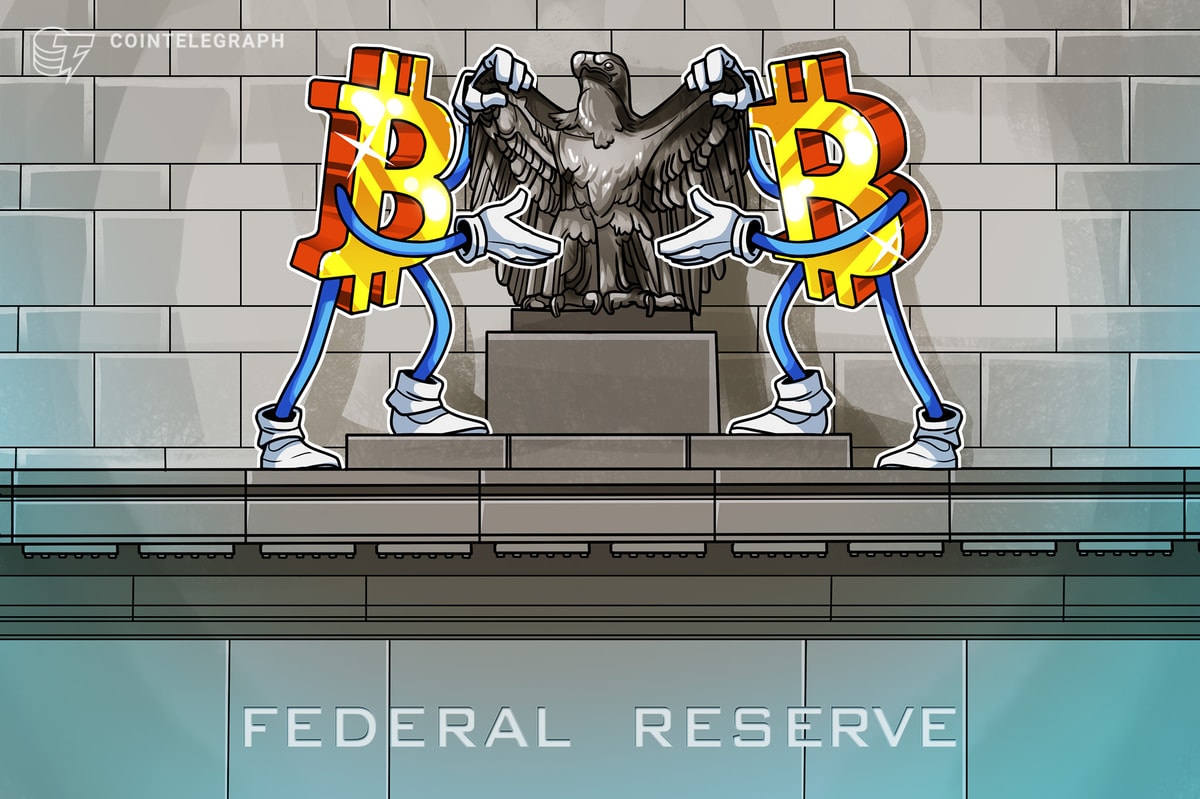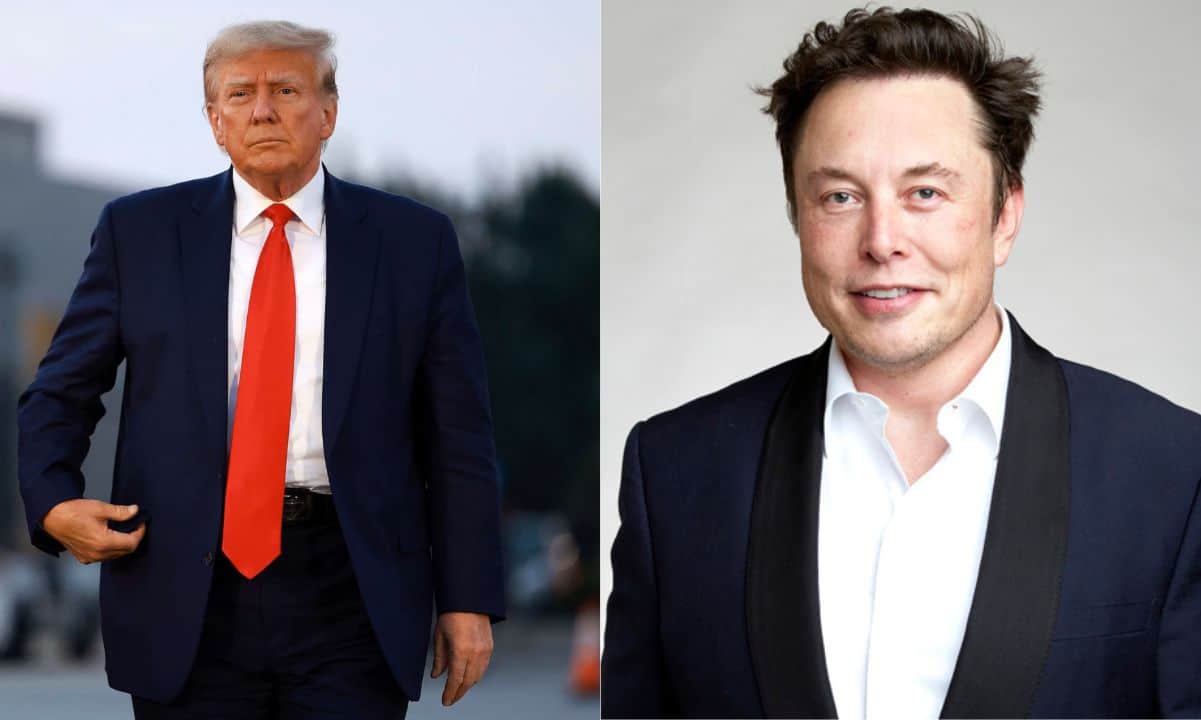 Swiss crypto advocates urge central bank to add Bitcoin to national reserves Gino Matos · 1 min ago · 2 min read
Swiss crypto advocates urge central bank to add Bitcoin to national reserves Gino Matos · 1 min ago · 2 min read
Proponents argue that having 75% of foreign currency holdings in US dollars and euros expose Switzerland to devaluation risks.

Cover art/illustration via CryptoSlate. Image includes combined content which may include AI-generated content.
A coalition of crypto advocates in Switzerland is campaigning for the Swiss National Bank (SNB) to diversify its foreign reserves by acquiring Bitcoin (BTC), citing concerns about overreliance on traditional currencies and political exposure.
Reuters reported that the campaign was launched in December as a constitutional referendum initiative and aims to legally require the SNB to hold Bitcoin alongside gold as part of its foreign asset portfolio.
Proponents argue that Switzerland should adjust its reserve strategy to reflect a global transition toward multipolarity and reduced dependence on the US dollar and euro.
Luzius Meisser, a board member of Bitcoin Suisse and a central figure in the initiative, said Bitcoin’s monetary policy offers an inflation-resistant alternative to fiat currencies.
According to Meisser:
“Politicians eventually give in to the temptation of printing money to fund their plans, but Bitcoin is a currency that cannot be inflated through deficit spending.”
Meisser will speak at the SNB’s annual general meeting in Bern this week to present the initiative’s rationale directly to stakeholders.
The referendum process requires 100,000 verified signatures to proceed to a national vote. It would be the first initiative globally to mandate Bitcoin holdings by a central bank through constitutional reform.
The move comes amid sovereign wealth funds accumulating Bitcoin in April, as John D’Agostino, Coinbase’s head of institutional sales, reported.
Switzerland’s crypto adoption
Supporters of the referendum argue that allocating a modest portion of the SNB’s nearly $1 trillion Swiss franc reserve portfolio into Bitcoin, specifically 1% to 2%, would protect against monetary debasement without exposing the bank to outsized volatility.
Meisser and others argue that SNB’s current foreign currency holdings, consisting of 75% of US dollars and euros, expose Switzerland to foreign political dynamics and devaluation risks driven by expansionary fiscal policies abroad.
They also argue such a move would align with Switzerland’s broader positioning as a hub for blockchain technology.
Switzerland hosts “Crypto Valley” in Zug, a zone dedicated to crypto industries. Moreover, the country ranked 55th out of 151 countries in the crypto index provided by Chainalysis’ latest “Geography of Crypto Report.”
Yves Bennaim, another proponent of the initiative and a member of the Bitcoin Initiative group, countered concerns over security and liquidity.
He described Bitcoin’s underlying technology as among the most secure and resilient digital systems ever created, supported by a $2 trillion market capitalization and daily trading volumes in the billions.
Bennaim added:
“The global Bitcoin market is the most liquid and established among digital assets. We are not saying go all in with Bitcoin, but a small allocation can hedge against monetary and geopolitical risks.”
SNB voices caution amid campaign momentum
Despite the campaign’s momentum, the Swiss National Bank has remained skeptical toward crypto.
In March, SNB Chairman Martin Schlegel reiterated the institution’s reservations, citing Bitcoin’s high volatility, limited liquidity in crisis scenarios, and technical vulnerabilities as factors that currently preclude its inclusion in official reserves.
He stated:
“Cryptocurrencies are essentially software. And we all know that software can often have bugs and other vulnerabilities.”
Schlegel kept his reservations even after Switzerland’s Federal Chancellery approved submitting a constitutional amendment proposal in December requiring the SNB to hold part of its reserves in Bitcoin.


















 English (US) ·
English (US) ·